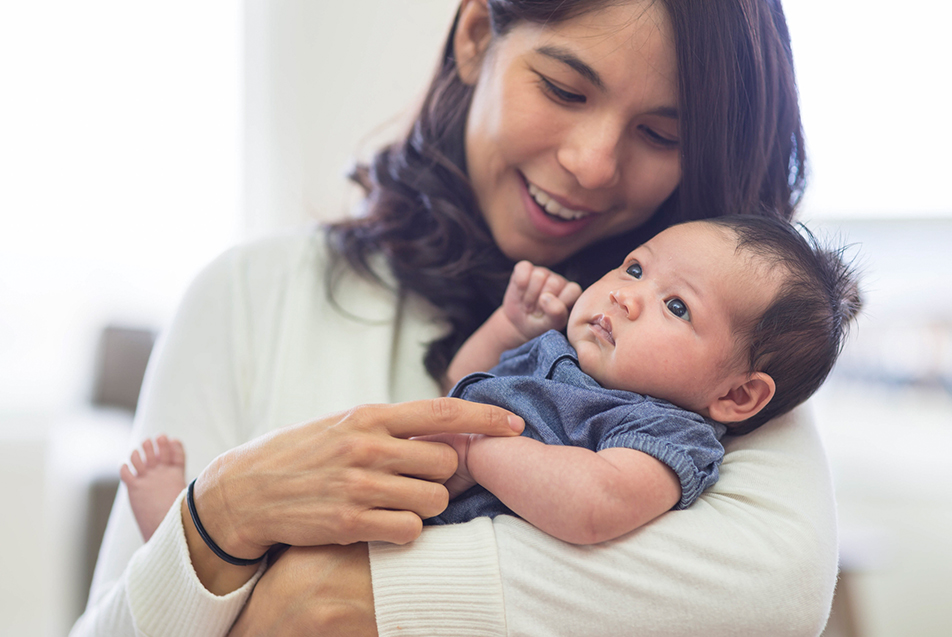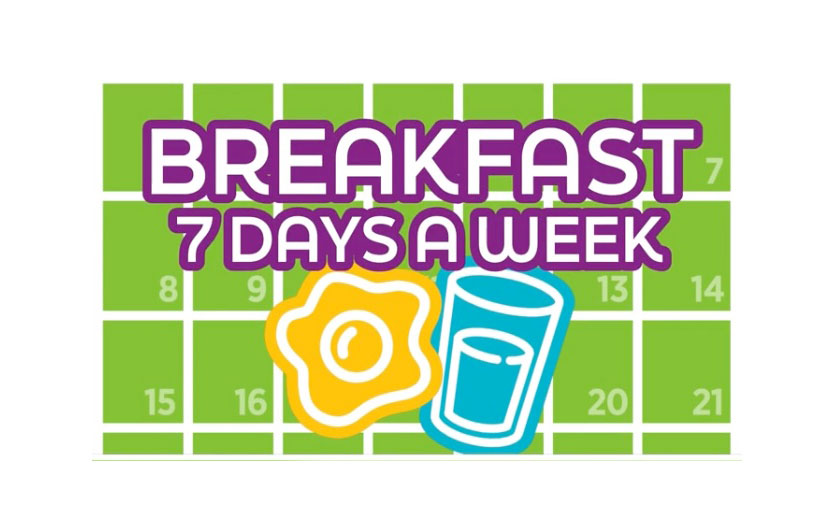
A new baby draws a lot of attention from friends and strangers alike, but Tony GiaQuinta, MD, PPG – Pediatrics, and president of the Indiana chapter of the America Academy of Pediatrics, warns it’s best to be cautious and keep your little one close.
Illness and fevers
Unfortunately, there’s a good chance that the average adult is carrying an illness that is dangerous for a young baby. With newborns – 1 month old or younger, in particular – we worry about any kind of virus or bacteria they might come into contact with. That’s because infants are not vaccinated and they have weakened immune systems, since the immune system relies on maturity and experience to develop.
So when we see any kind of fever in an infant, that’s cause for concern, because we don’t know how serious the virus or bacteria is. And there isn’t just one type we’re worried about; Any variety can cause a newborn to be very sick. In general, we take fevers in children less than 1 month of age more seriously because they are more likely to have more serious bacterial infections. After 1 month, you can generally start being a little more confident taking baby out.
Should you go or should you stay?
Because of all this, we’re very cautious about the risk of exposing babies and infants to illness. I want to empower parents to make good decisions for their children with their health in mind. I always tell families with young infants to remember, it’s difficult to control the environment when you’re in big public places, like restaurants and shopping centers. You can’t predict the actions of others. When someone sees your cute baby sitting there and they want to share in your joy, they might do something that we perceive as odd, like kiss your baby, or put their finger near your baby’s mouth when they’re crying. The thing is, even if 95 percent of the population finds it odd to touch a stranger’s child, when you take them out in public, you’re also exposing them to that unpredictable population, the remaining 5 percent.
Tips for protecting baby
Use your best judgement. If you need to get out of the house, which can be important for mom’s mental health, be a mama bear. If someone’s coming up to your baby, it’s OK to tell them you aren’t comfortable with close contact. You can keep a blanket over baby as a signal to leave them tucked inside. If you want to go to church, remember people congregate, and they are going to want to see your baby. Often times, people are asymptomatic, which means they’re sick with viruses and don’t even know it yet. Show up a little late, and leave a little early.
I love infant carriers, because No. 1, they keep baby close to mom and dad, which promotes bonding, but also they serve as kind of a seatbelt. The baby is strapped in tight and is secure. It limits the risk of baby being passed around for all to see.
Of course, whether your loved one or acquaintance is feeling healthy or not, no matter how close of a relative they are, everyone should always wash their hands before holding baby. By far, most respiratory illnesses are transmitted by contact.
A note about coats
One very important thing that comes up this time of year is coats and car seat safety. We know that straps have to be close to the body to work effectively. If there’s an inch gap between the infant’s body and those straps, in a high impact car accident, the infant can still be thrown from the car, and body and harness impact can cause damage. We recommend parents take the winter coat off of the child when they are in the car seat.




